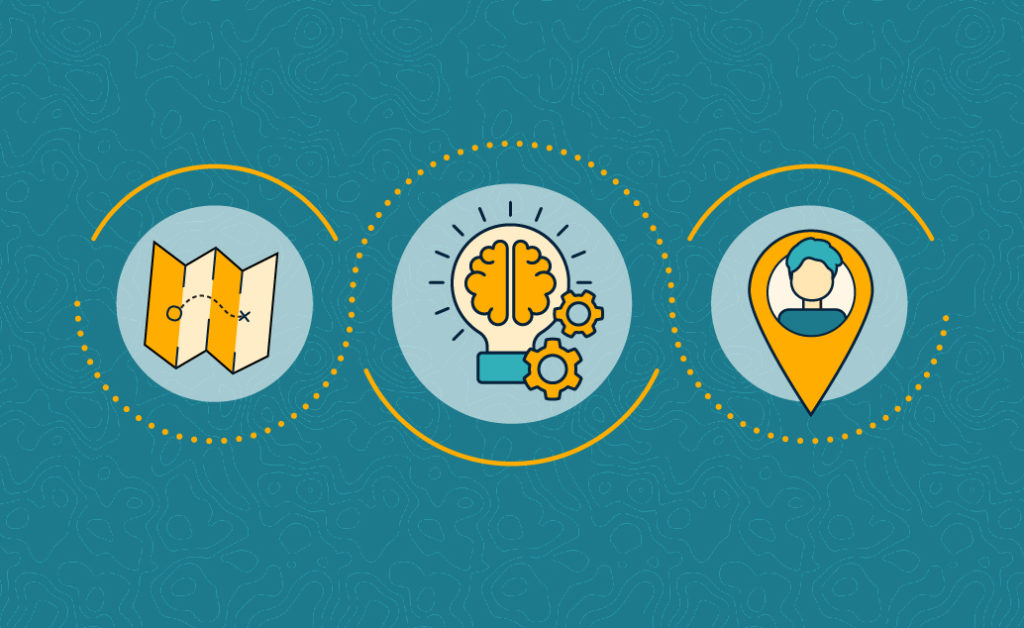
There are many studies promoting reflection as part of learning and professional development. The benefits include deeper learning, improved productivity, work-life balance and workplace rapport. Reflection provides space to slow down, to observe and analyze what we do, and to demystify what overwhelms us in our day-to-day business. We know we should do it, we promise ourselves we will do it but do we actually do it?
There are many reasons why people do not engage in regular reflective practice. Time is probably at the top of that list. There is always something more pressing that requires our attention. The ambiguity of reflective practice is another stumbling block. What if I’m reflecting incorrectly and wasting my resources on something that will not yield results? There are other reasons as well, and each one of us can readily come up with our own. So how does one build a healthy reflective practice despite all the things that get in the way? Here are a few suggestions to get you started.
Take Baby Steps
When one wants to run a marathon, one doesn’t go out and run 26.2 miles on the first day. One starts by starting small and gradually scaling to the full distance. The same principle applies to reflective practice. Set realistic expectations. Instead of aiming for one hour or 30 minutes a day, you could target five to ten minutes a week. Time isn’t the point – the goal is to do it consistently.
Create Structure
To avoid getting side-tracked into problem-solving or closed-loop thinking, create a list of questions in advance for your reflection. Think of questions that broaden your focus and elicit reflective thought. For example, what is the higher purpose behind my learning? If I could do anything right now, what would it be? Alternatively, you could use your reflective practice to simply let your mind wander.
Find the Style that Works for You
We often assume that reflection means writing, which for some of us can be off-putting. However, reflection can take on many forms. Talking to a peer or creating artwork on a specific topic are also powerful ways to reflect. Find what works best for you. Personally, some of my best reflecting involves going for walks with a friend. Our free-flowing conversations foster introspection, taking on different perspectives and compassionate listening. I leave these walks recharged and inspired.
Get a Buddy
When starting something new or challenging, it helps to have support and accountability. We often ask a friend to join an exercise program with us, so why not look for a reflection partner or mentor? You can ask a colleague, a classmate or a friend to join you on this quest and see where the journey takes you.
Become a well-rounded leader or professional through American College of Education’s online degree and certificate programs. Explore our online leadership programs.

